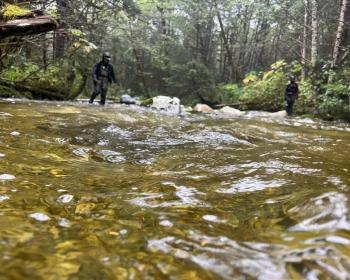
On March 8, 2012 several hundred Indigenous people began a two week march across Ecuador to call attention to their protest of a large-scale open-pit copper mine. Ecuacorriente, a Chinese company, has been authorized by the Correa government to develop a mine near El Pangui, Zamora-Chinchipe Province, in the southern part of the country.
By Sukanto Barman (Barman, CS Intern)
Indigenous women in remote areas of Bangladesh uphold traditional values while contributing to their families and the nation's broader society in their own way. Their presence is now everywhere, including education, literature, culture, the economy, and community development. Yet, their struggles and contributions remain unrecognized.
The Indigenous Communities of the Thakurgaon District
By Byron Tenesaca (Kañari Kichwa, CS Staff)
By Georges Dougon (Dogon, CS Staff)
By Pete Westover
Food is a living expression of culture, memory, and identity. Across Native American nations, it remains a powerful act of resistance and reclamation. During Native American Heritage Month, we honor the Indigenous knowledge keepers who are revitalizing traditional foodways, restoring relationships to land, and challenging colonial erasure through the dishes they create. Indigenous chefs are not only preserving ancestral ingredients and cooking techniques, but also strengthening food sovereignty, community health, and cultural pride.
By Chenae Bullock (Shinnecock)